Happiness is not having what you want, but wanting what you have

Happiness is not having what you want, but wanting what you have
Happiness is a state of mind that is often elusive and difficult to define. Many people believe that happiness is achieved through acquiring material possessions, achieving success, or fulfilling their desires. However, the quote "Happiness is not having what you want, but wanting what you have" challenges this notion and suggests that true happiness comes from appreciating and being content with what we already possess.In today's consumer-driven society, we are constantly bombarded with messages that tell us we need more in order to be happy. We are encouraged to buy the latest gadgets, wear the trendiest clothes, and live in the biggest houses. We are led to believe that our happiness is dependent on external factors, such as wealth, status, and possessions. However, this mindset only leads to a never-ending cycle of wanting more and never feeling satisfied.
On the other hand, the quote reminds us that true happiness comes from within and is not dependent on external circumstances. It encourages us to shift our focus from what we lack to what we already have. When we learn to appreciate the simple things in life, such as good health, loving relationships, and moments of joy, we can find contentment and fulfillment.
Wanting what we have also involves practicing gratitude and mindfulness. By being grateful for the blessings in our lives, we can cultivate a sense of abundance and positivity. When we focus on the present moment and savor the experiences and relationships that bring us joy, we can find happiness in the here and now.
Moreover, wanting what we have can lead to a more sustainable and fulfilling way of living. Instead of constantly chasing after material possessions and external validation, we can find peace and contentment in the present moment. This shift in mindset can lead to greater inner peace, resilience, and overall well-being.
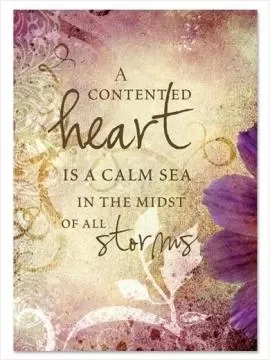

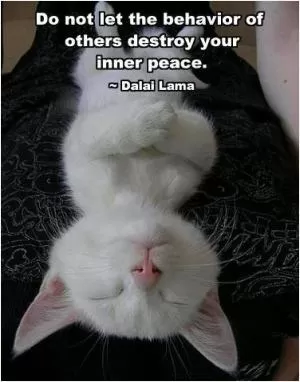


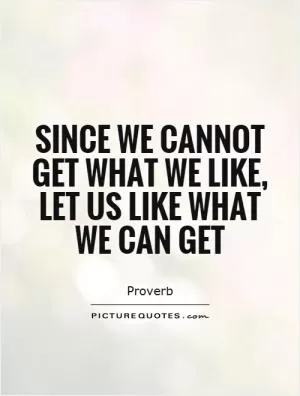
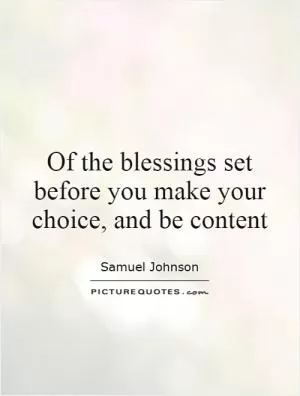
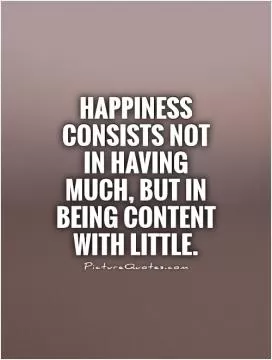
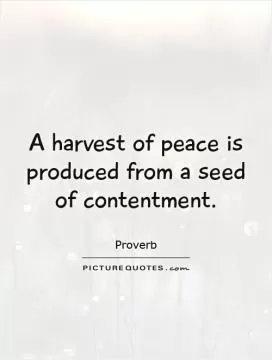
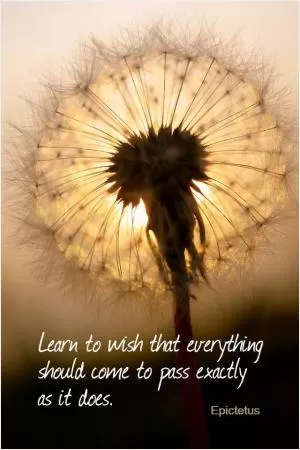


 Friendship Quotes
Friendship Quotes Love Quotes
Love Quotes Life Quotes
Life Quotes Funny Quotes
Funny Quotes Motivational Quotes
Motivational Quotes Inspirational Quotes
Inspirational Quotes